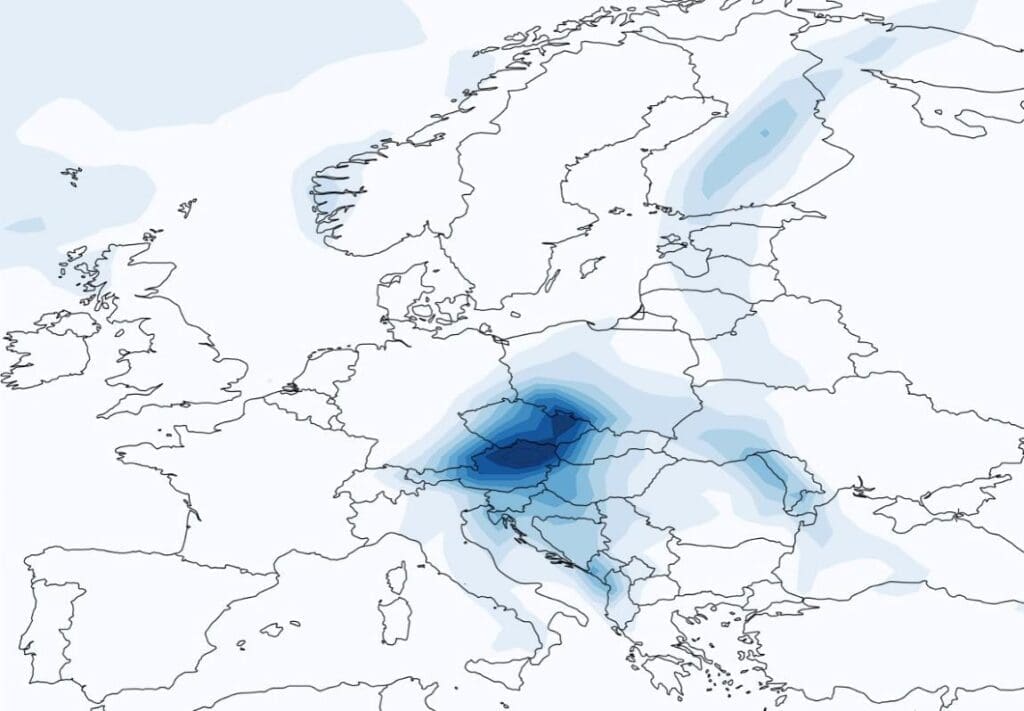An educational program emphasizing the relationship that climate change has with health and healthcare environmental sustainability was well-received by physicians, according to a recent survey-based study published in JAMA Network Open and conducted by investigators at Massachusetts General Hospital (MGH), a founding member of the Mass General Brigham healthcare system.
The program provided a foundation about climate change and the impact of fossil fuel-related pollution on health; the healthcare system’s contribution to carbon pollution; and opportunities to address these challenges. To the team’s knowledge, MGH is the first academic medical center to offer incentivized educational programs on climate change and environmental sustainability in healthcare.
“Climate change is a fundamental threat that is recognized by many to be the greatest health crisis humans have ever faced. However, surveys show that the majority of physicians do not feel prepared to address climate change’s impact on health or to take action,” said lead author Wynne Armand, MD, an associate director of the Center for the Environment and Health at MGH and an assistant professor of medicine at Harvard Medical School.
In their study, Armand and her colleagues surveyed the response to climate change–focused educational modules offered at Massachusetts General Hospital, an academic medical center, through an existing biannual physician quality incentive program.
Among a total of 2,559 eligible physicians and psychologists, 2,417 (94.5%) completed the educational modules. Of these participants, 73.1% thought that the modules were relevant or very relevant to their lives, and 65.4% found the modules relevant or very relevant to their clinical practices.
Age did not influence the degree to which physicians thought climate-related education was relevant to their individual lives or practices. Clinicians identifying as female were more likely to consider the education as relevant compared with male clinicians.
As expected, physicians in specialties that specifically treat problems more directly exacerbated by climate change like emergency medicine/urgent care, allergy and primary care were more likely to find the trainings relevant to their practices.
“Our findings indicate that educational strategies should be tailored by specialty to better engage clinicians in learning about climate change’s health effects and ways to mitigate health sector contributions,” said Armand.
Optional comments were provided by 446 (18.5%) of respondents — 56.1% were positive, 36.5% were neutral, and 7.4% were negative. Many positive comments supported the importance of the topic and provided suggestions for reducing the carbon footprint of the hospital. Others asked for additional ways to get involved.
Negative comments stated that quality improvement trainings should focus on patient care and that providing climate information to clinicians is inappropriate given their limited influence on hospital-wide policies.
Overall, the survey results indicate that most physicians believe that education on the complex relationships between climate change and health care is important, and they welcome opportunities for action. Importantly, participants felt that their knowledge on these topics increased after completing the modules.
Similar efforts across the health care sector may help all those involved to recognize and address the health risks of climate change and take steps to minimize their contribution to the problem.
***
About Massachusetts General Hospital
Massachusetts General Hospital (MGH), founded in 1811, is the original and largest teaching hospital of Harvard Medical School. The Mass General Research Institute conducts the largest hospital-based research program in the nation, with annual research operations of more than $1 billion and comprises more than 9,500 researchers working across more than 30 institutes, centers and departments. MGH is a founding member of the Mass General Brigham healthcare system.
Journal Reference:
Armand W, Padget M, Pinsky E, Wasfy JH, Slutzman JE, Duhaime A. ‘Clinical Knowledge and Attitudes About Climate Change and Health After a Quality Incentive Program’, JAMA Network Open (2024) 7 (8): e2426790 (2024). DOI: 10.1001/jamanetworkopen.2024.26790
Article Source:
Press Release/Material by Massachusetts General Hospital (MGH)
Featured image credit: cottonbro studio | Pexels




